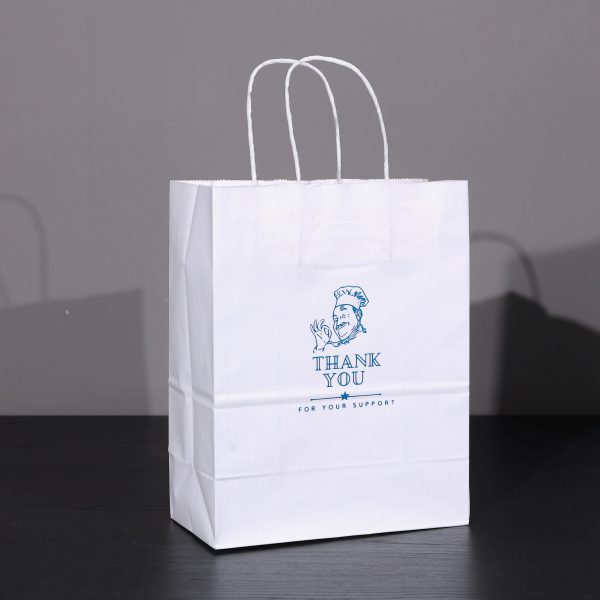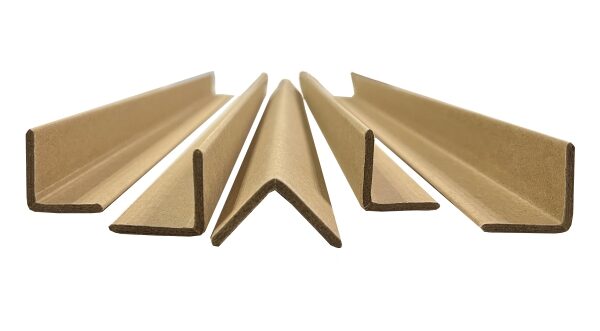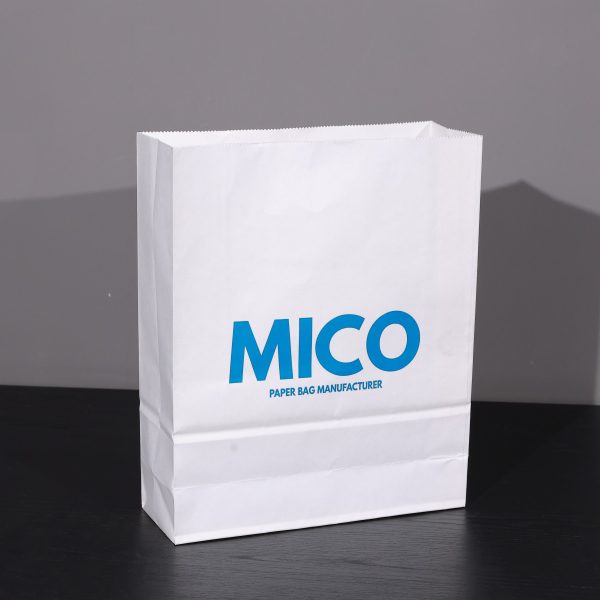Uncategorized
Specialty Papers and Their Application
Specialty papers are paper products engineered with specific properties to meet unique requirements. They differ from standard paper in terms of their composition, texture, weight, and finish.
In this article, we mentioned: Specialty Papers and Their Application.
Mục lục
1. Tissue Paper
Tissue paper is a lightweight, delicate paper known for its softness and absorbency. It is available in various forms such as napkins, toilet paper, hygienic tissue paper, facial tissues, packaging material, and paper towels.
While often grouped together, there are different types of tissue paper based on their specific uses:
- Facial Tissue: Designed for gentle use on the face, facial tissues are soft, absorbent, and often embossed for added strength.
- Toilet Tissue: Used for personal hygiene, toilet tissue is typically thicker and stronger than facial tissue.
- Paper Towels: These are thicker and more absorbent than facial or toilet tissue, designed for cleaning up spills and messes.
- Napkins: While often made from tissue paper, napkins are generally thicker and more durable than facial tissues, used for wiping hands and mouths during meals.
2. Kraft Paper
Kraft paper is a strong, durable type of paper produced from chemical wood pulp. It is known for its brown color and rough texture. The word “kraft” comes from the German word meaning “strength,” which accurately reflects one of the paper’s primary characteristics.
Common use for kraft paper
- Packaging: Kraft paper is a popular choice for making bags, boxes, and envelopes. Its strength makes it ideal for packaging heavy or bulky items.
- Construction: Kraft paper is used as a protective layer in construction, such as covering walls or floors during renovations.
- Art and crafts: Its natural texture and color make it a popular choice for artists and crafters.
- Industrial uses: Kraft paper is used for industrial applications such as filtration, insulation, and reinforcement.
3. Glassine Paper
Glassine paper is a distinctive type of paper known for its smooth, glossy, and translucent appearance. Despite its name, it’s not made from glass but rather from wood pulp. This paper’s unique properties make it highly valued in various industries.
Characteristics of Glassine Paper
- Smooth and glossy finish: Provides an elegant look and feel.
- Translucent: Allows light to pass through, showcasing the contents within.
- Greaseproof: Resistant to oils and fats, making it ideal for food packaging.
- Air and moisture resistant: Protects products from external factors.
Other Specialty papers
- Cigarette Paper: Thin and translucent, this paper is specifically designed for cigarette manufacturing, adhering to precise burning properties.
- Carbonless Paper: A marvel of chemistry, carbonless paper creates copies without the need for carbon paper, revolutionizing document duplication.
- Thermal Paper: Sensitive to heat, thermal paper changes color upon application, making it ideal for receipts and labels.
- Photographic Paper: Coated with light-sensitive chemicals, this paper is the foundation of capturing and preserving images.
- Security Paper: Embedded with intricate features, security paper safeguards against forgery, making it essential for currency, passports, and certificates.
- Parchment Paper: Heat-resistant and non-stick, parchment paper is a baker’s best friend, perfect for cooking and baking.
- Construction Paper: Thick and colorful, construction paper is a staple in classrooms and craft projects.
The Future of Specialty Papers
The evolution of paper technology shows no signs of slowing down. Advancements in materials, coatings, and manufacturing processes are continually expanding the possibilities of specialty papers. As industries evolve and consumer demands change, we can expect to see even more innovative and specialized paper products emerge in the future.
The world of specialty papers is a testament to human ingenuity and the ability to transform a simple material into countless valuable applications.












